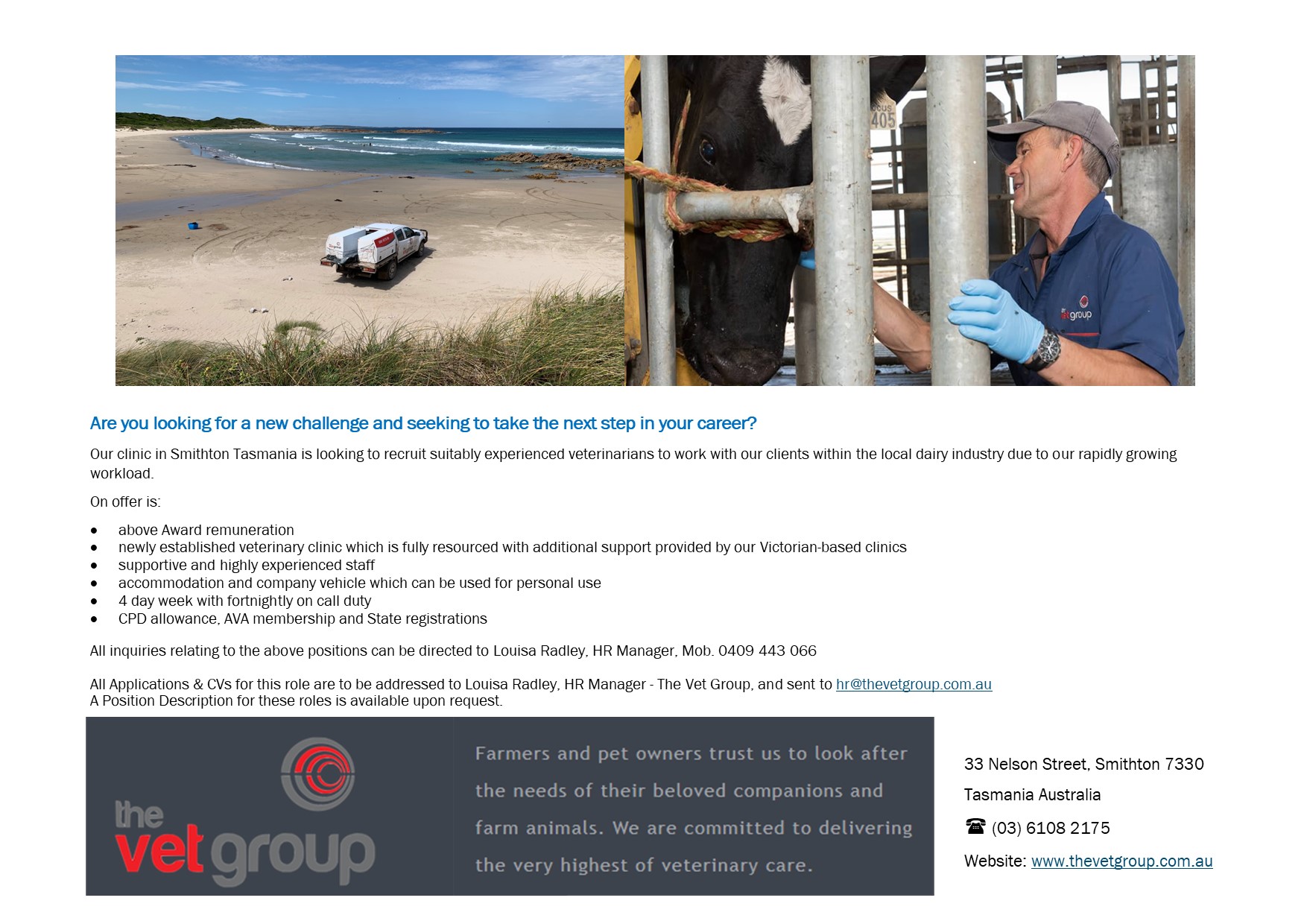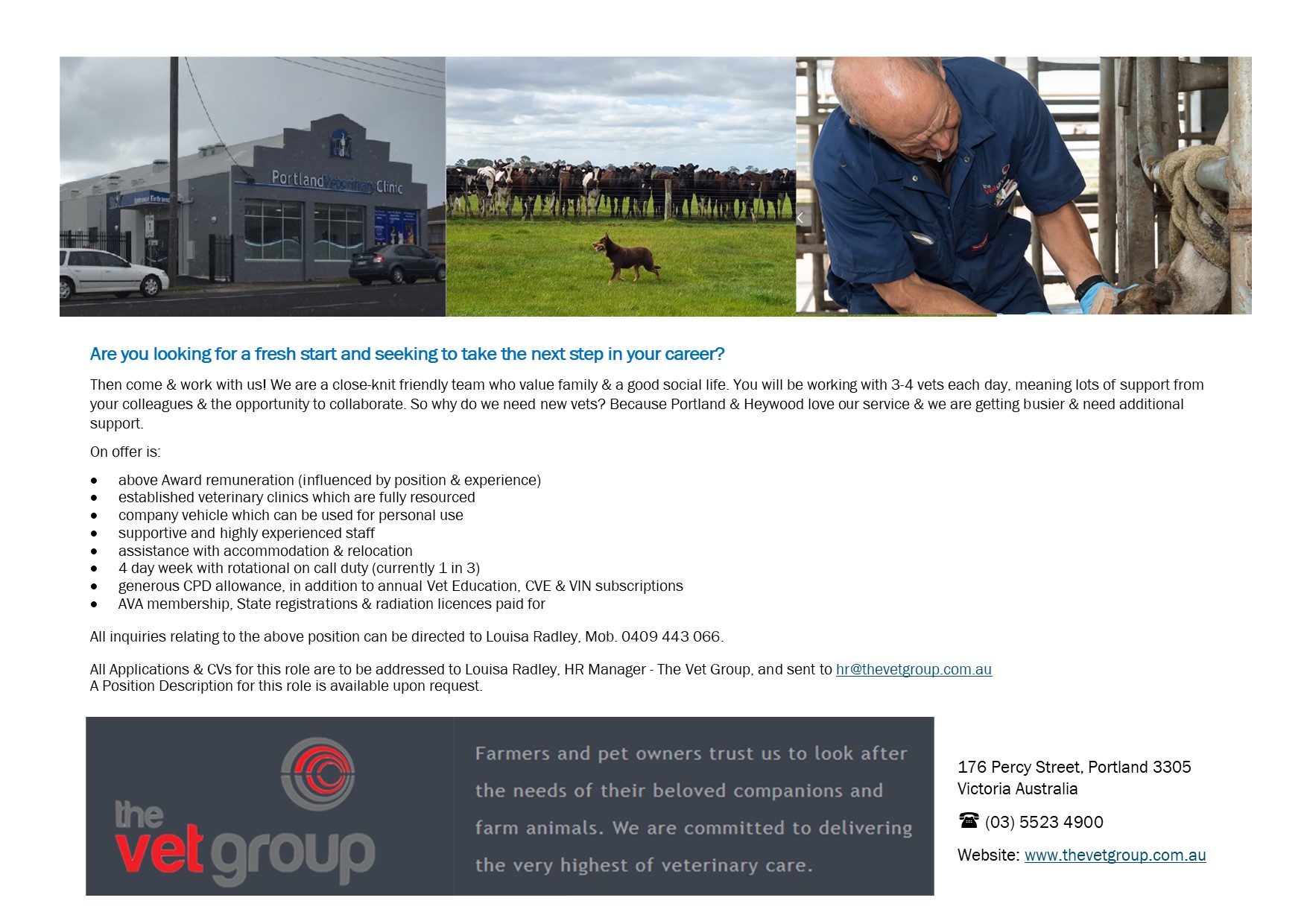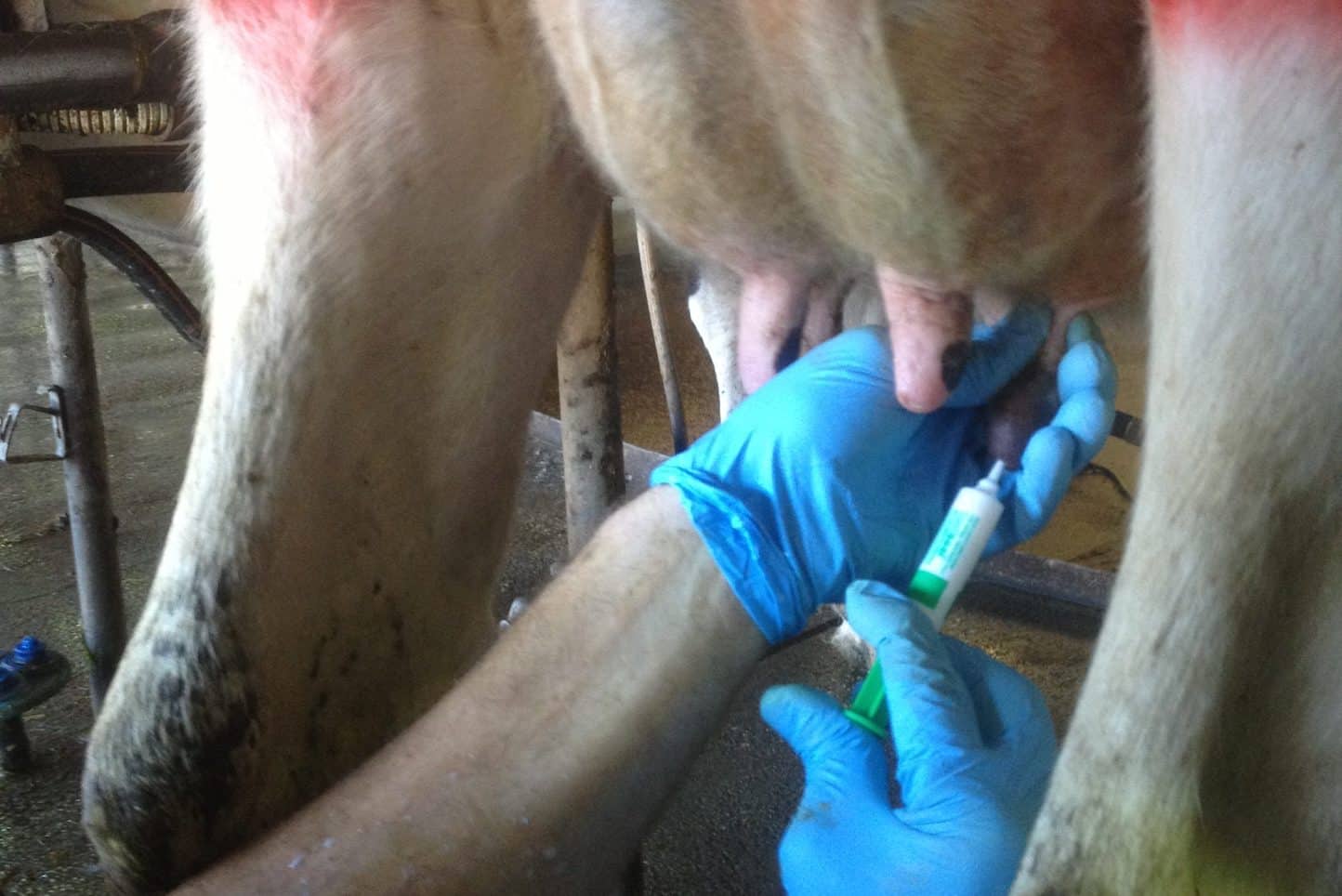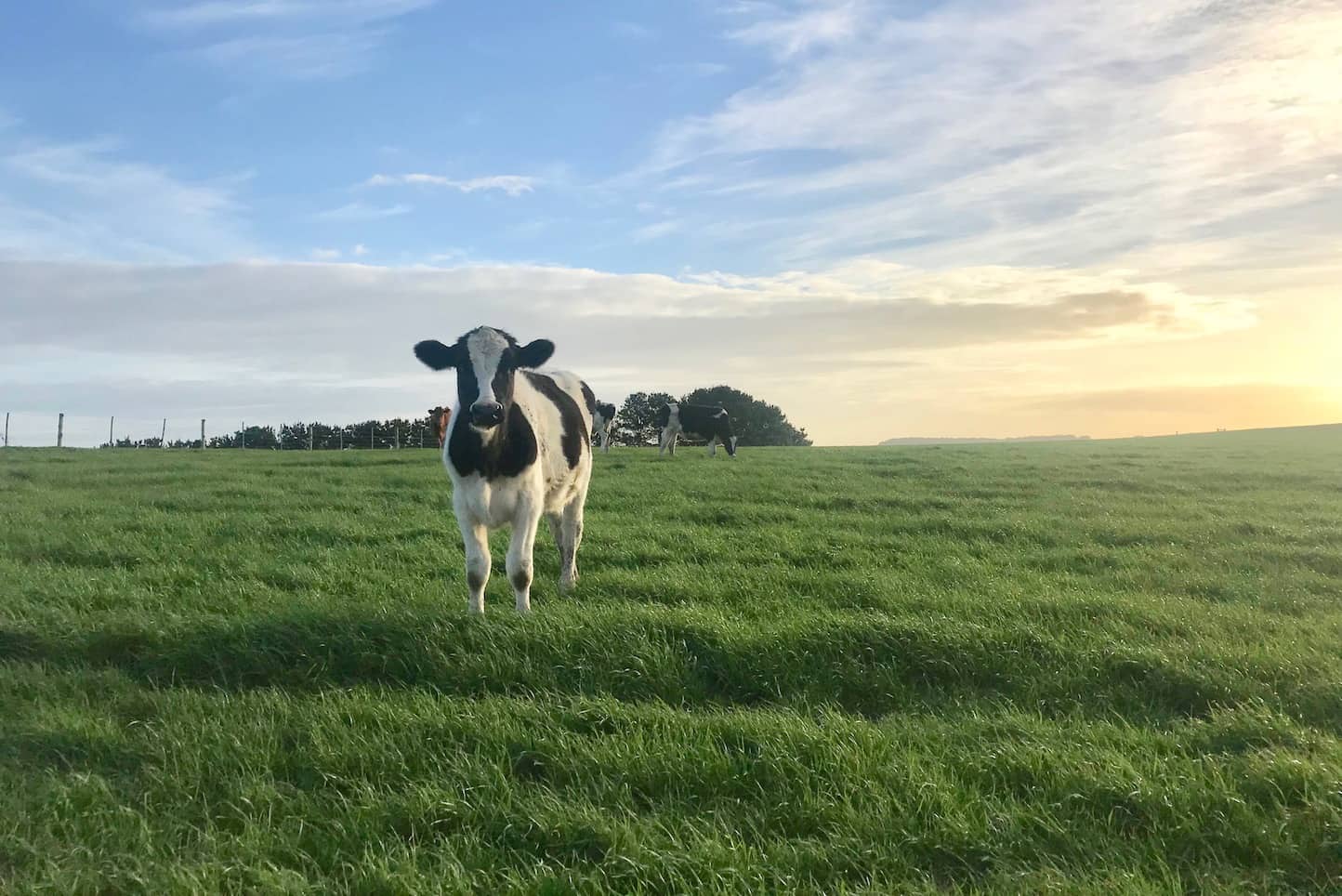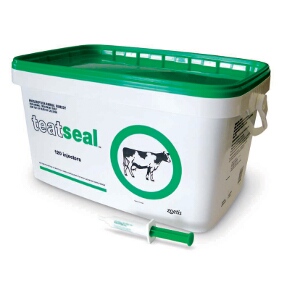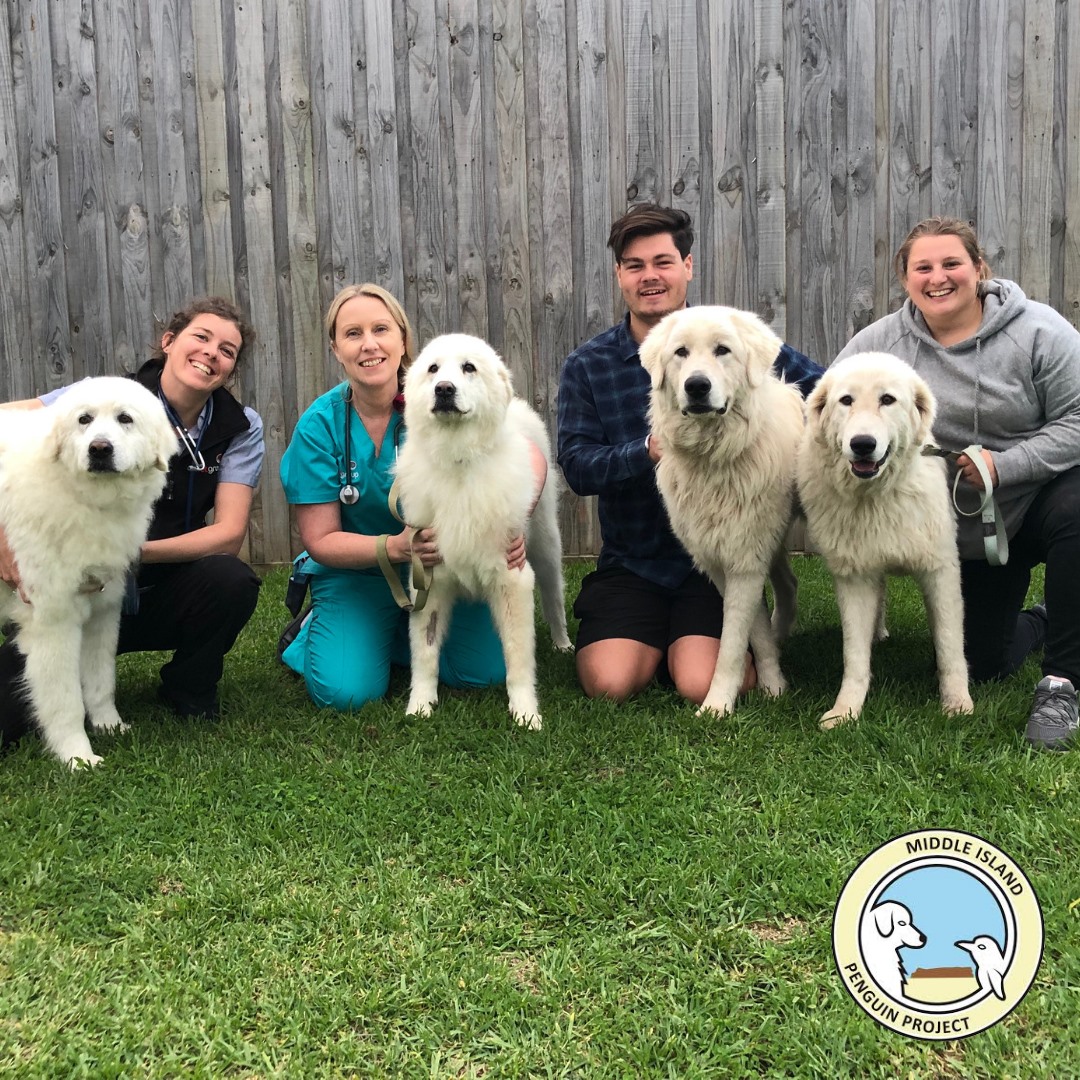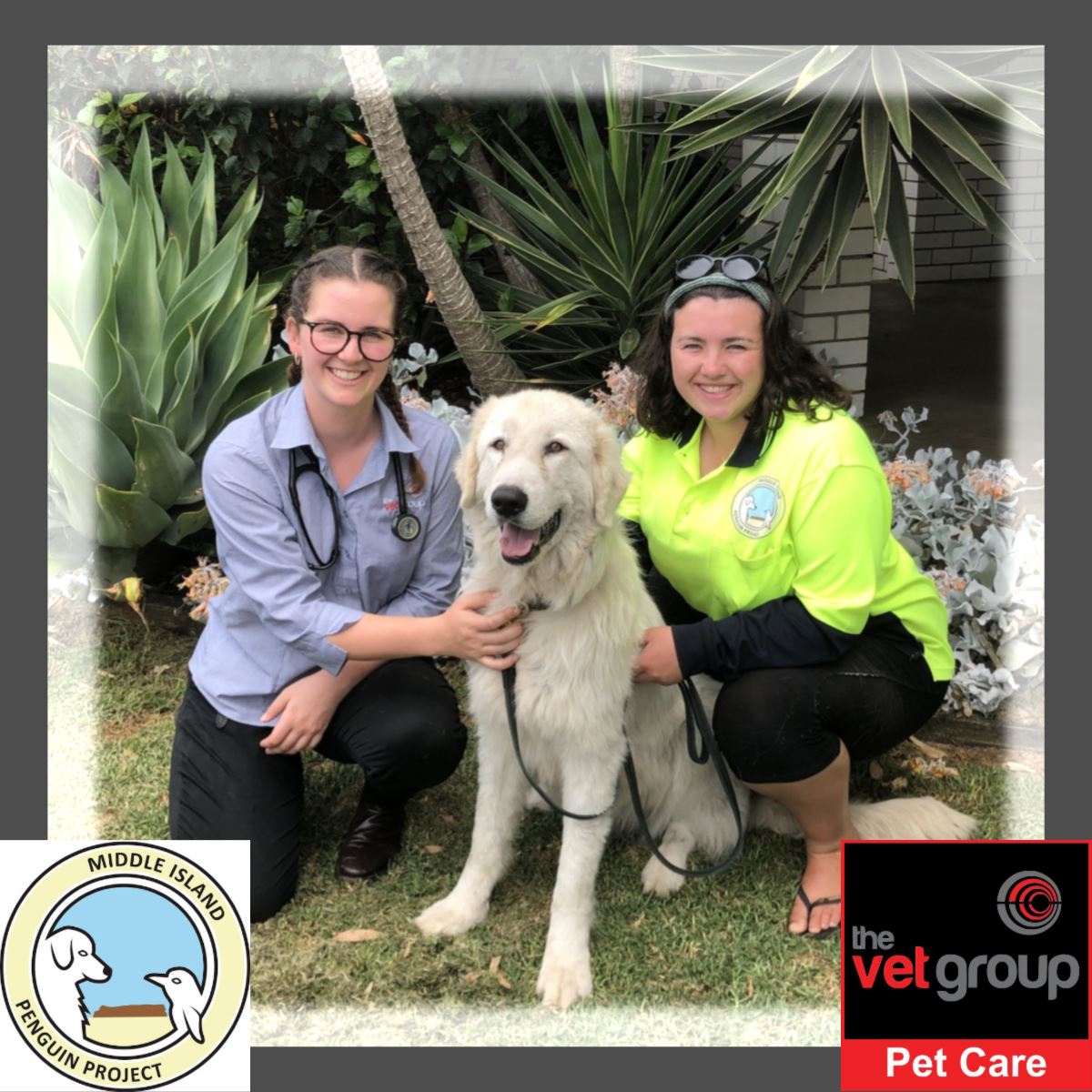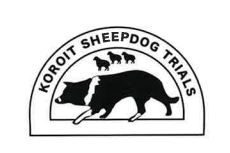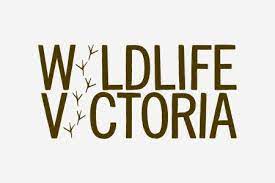Have you, or your friends or family, ever thought about being a vet? Read on as Dr Izzy Moorhead answers the where, why and how of getting into Vet School.
Where can you study vet in Australia?
- Murdoch University (Perth, Western Australia)
- University of Adelaide (Adelaide, South Australia)
- Charles Sturt University (“CSU”, Wagga wagga, New South Wales)
- University of Sydney (Sydney, New South Wales)
- University of Melbourne (Melbourne, Victoria)
- James Cook University (“JCU”, Townsville, Queensland)
- University of Queensland (Brisbane/Gatton, Queensland)
Why did you choose your Vet School?
I chose JCU because of its rural and large animal focus as well as the fact it is an undergraduate degree. You do hands-on practical classes with animals from the outset, rather than doing a general science degree before starting vet subjects. I was accepted into both Melbourne Uni (Bachelor of Science) and JCU (Bachelor of Veterinary Science) but because I grew up in Melbourne, I chose to start at Melbourne and defer JCU as it would be easier and closer to home. However, I knew I wanted to be a large animal vet and decided I didn’t want to do 3 years of general science before starting vet at Melbourne, so I ended up dropping out of Melbourne after a few weeks and working for a year before moving up to Townsville.
I would also recommend applying for Charles Sturt University in Wagga Wagga, especially if you are off a farm, as they seriously take rural experience into consideration – if your school marks aren’t at the level required but you have a great application then you’re more likely to get in, so at least put an application in!
What subjects did you need to study at high school to get into vet?
In VCE I did English, Maths Methods, Chemistry, Biology, Physical Education and Geography.
Pre-requisites for the Bachelor of Science at the University of Melbourne (which you have to do before getting into Vet Science) are a study score of at least 25 in units 3 & 4 English/English Language/Literature or at least a 30 in English as a second language, at least 25 in Math Methods or Specialist Maths and at least a 25 in none, one or more of Biology, Chemistry or Physics. The enter score changes each year but in 2019 was around 85.00.
Pre-requisites for Bachelor of Veterinary Science at James Cook University are English, Maths B (which is the Queensland equivalent of Maths Methods), Chemistry and Biology (although Biology is not a must, just desirable). As Queensland uses a different Year 12 scoring system, it is difficult to estimate a enter score (as they use OP) however it’s likely around 90.00. James Cook University also requires a written application which counts for half of your application – the application form can be found on the JCU website and takes into consideration your rural/practical experiences, the reasons you want to be a vet and what you think you’ll bring to the profession.
What can you do if you don’t get straight into Vet School?
I would really recommend doing as much practical work/placement in the area of veterinary science you think you’re most interested in, as well as studying a science course or any course at the university you desire to do vet in. Universities such as Charles Sturt and James Cook take heavily into consideration your interest and experience in working with animals so it’s a great idea to have work and placement based around animal management on your application. Some examples are:
- Working at a small animal clinic (this could be as simple as cleaning cages and walking dogs after school, but you’d be amazed at how much you pick up while working there)
- Helping/working/volunteering at horse or greyhound tracks
- Doing volunteer work for local charities such as the RSPCA, shelters, wildlife carers
- Working on farms for the school holidays (milking cows, lamb marking, mustering etc)
The other point I would like to make is be open to universities that are not in your state or not close to home – I was one of the few people from my school that applied to universities out of Melbourne/Victoria and am so grateful I did. I know people who had dreams of being a vet that gave up on them just because they didn’t get into the University they wanted to and were unwilling to move to study. Moving away from home and Melbourne for a while was one of the best choices I ever made as it forced me out of my comfort zone and exposed me to a whole new lifestyle. Far North Tropical Queensland isn’t a bad place to live for a few years!
How do I know whether I’ll LIKE being a vet?
I think that the most important thing to understand when thinking about becoming a vet is that a love of animals is a part of it but not the most important aspect. Even though I went to university with a highly practical component to the study, about 85% of the 100s of hours I spent at uni over the 5 years were spent sitting in a lecture theatre learning about nutrition, pathology, parasitology, microbiology etc. A real love of animals will not be enough to get you through uni, let alone an enjoyable career if you don’t have an interest in science and problem solving to back it up.
Some students say they want to study vet because they like the idea of doing medicine but don’t like working with or listening to people. I can’t say this enough, vet is more about the clients than the animals most of the time. Communication is a vital component of being a vet, whether it’s production animals or companion animals, being able to successfully convey your opinions to a client and bring about a solution that all parties are happy with is crucial. So, if you prefer to work by yourself and not deal with too many people, then vet may not be the career for you.
What’s the best advice someone gave you when you were thinking about being a vet?
Do as much placement as you can while you’re in school in all the areas you’re most interested in! Sit down with a vet and have a chat about their daily lives, do a couple of days of placement at your local clinic – just get as much as exposure as you can to life as a vet to know if you’ll like it.
Any other advice?
Have as much fun as you can at uni! Get involved with everything and don’t get too bogged down with study. If you love playing netball or have a part time job, don’t give them up during VCE and university. Having to juggle extra-curricular activities with study is a great way to work on your time management skills; skills vital to becoming a successful veterinarian. Although make sure you don’t go too far the other way, remember study is always number one!


